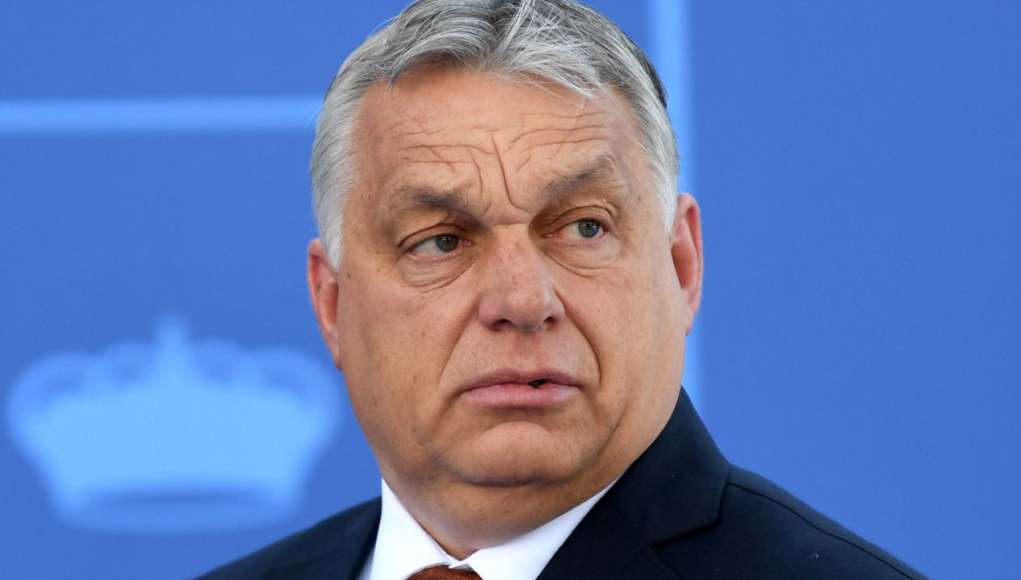Hungary can “no longer be considered a full democracy,” the European Parliament said in a statement following its adoption of a report on Thursday.
The Parliament said the situation has “deteriorated such that Hungary has become an ‘electoral autocracy.’”
“Overall, [The European Parliament] expresses regrets that the lack of decisive EU action has contributed to a breakdown of democracy, rule of law and fundamental rights in Hungary, and turning one of its member states into hybrid regime of electoral autocracy,” the report read.
“There is increasing consensus among experts that Hungary is no longer a democracy,” the report added.
In their report, Parliament members listed a range of concerns, including about the functioning of the country’s electoral system and judicial independence. They also expressed fears about academic and religious freedoms, as well as with the rights of vulnerable groups, including “ethnic minorities, LGBTIQ people, human rights defenders, refugees and migrants.”
The motion, which passed with 433 votes in favor, 123 against and 28 abstentions, calls on the European Council and the European Commission to “devote more attention to the systemic dismantling of the rule of law” in Hungary.
In particular, the EU Parliament calls for the Commission to withhold Hungary’s EU funds.
Some right-wing MEPs criticized the report, saying it was “based on subjective opinions and politically biased statements, and reflects vague concerns, value judgments and double standards.”
“This text is yet another attempt by the federalist European political parties to attack Hungary and its Christian-democratic, conservative government for ideological reasons,” they said in a minority position statement attached to the report.
Citing corruption risks, the European Commission is expected to recommend later this week suspending billions earmarked for Budapest from the bloc’s 1.1 trillion euro ($1.1 trillion) shared budget for 2021-27, according to Reuters.
That would be the first such EU move under its new financial sanction dubbed “cash for democracy” and agreed two years ago precisely in response to Hungarian Prime Minister Viktor Orban, as well as his allies in Poland, rowing back on liberal democratic tenets inside the bloc.










